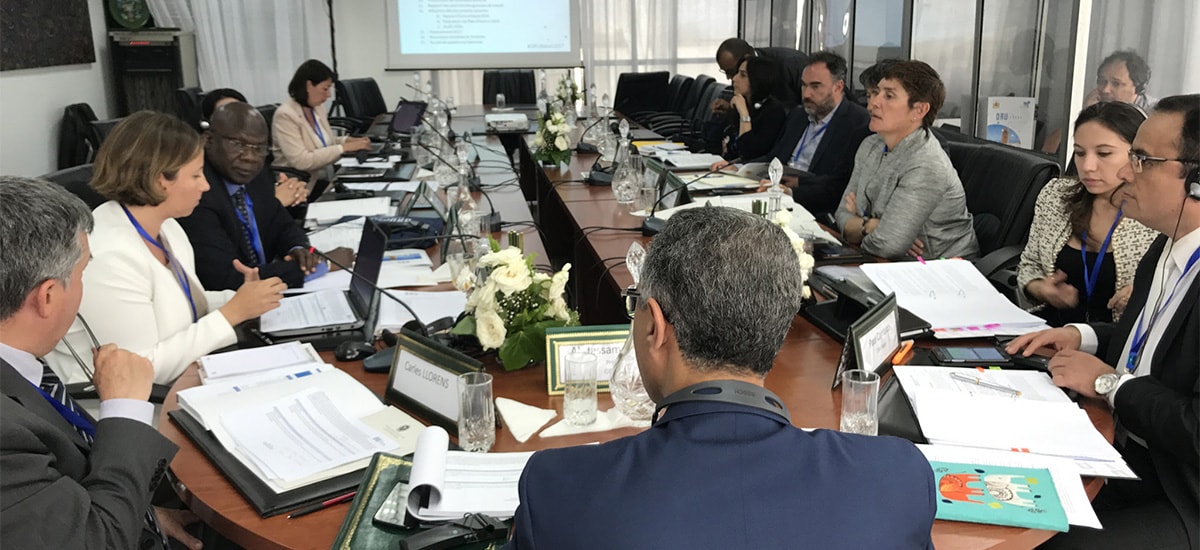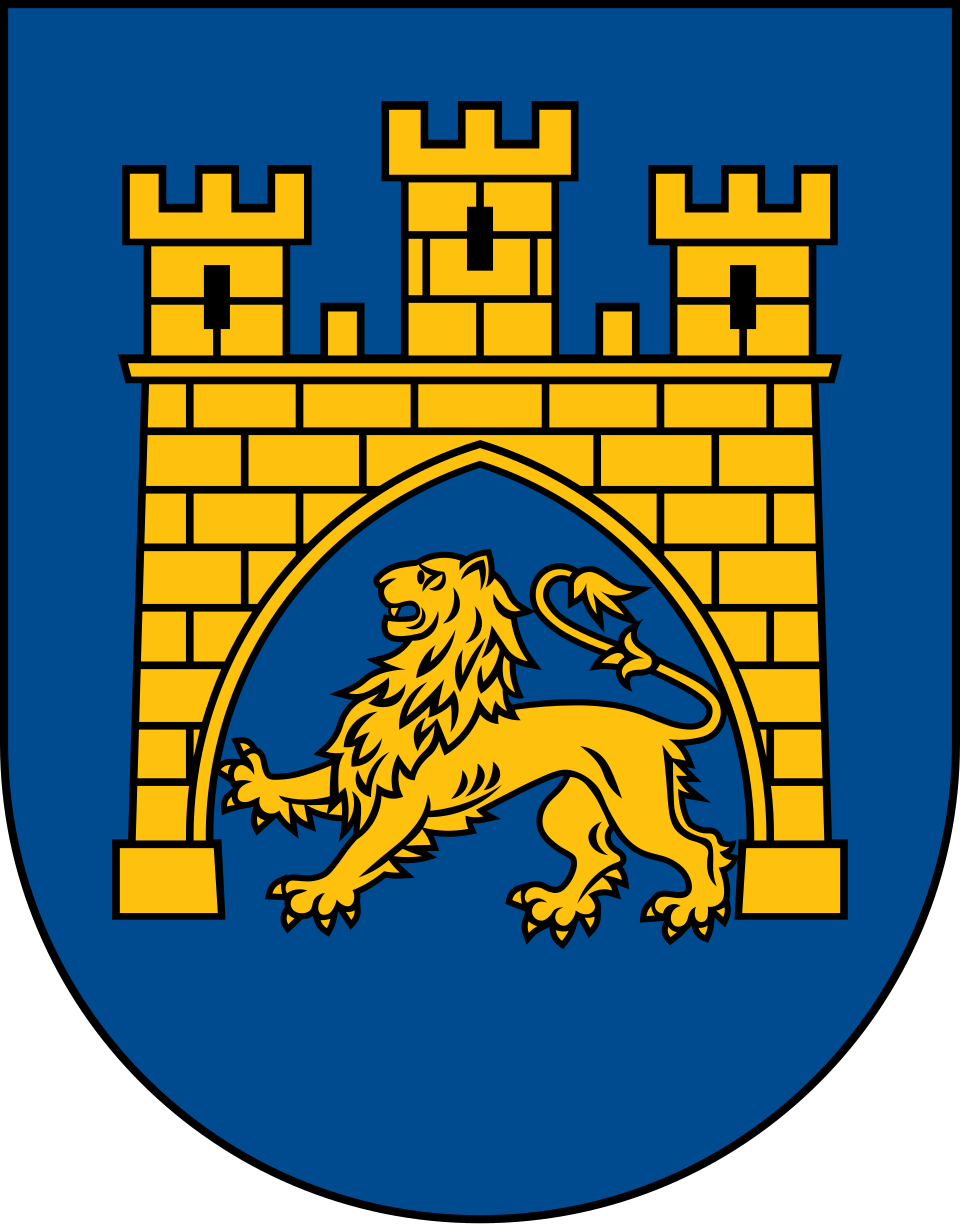ORU, service platform

The Executive Bureau we have just held in Rabat, hosted by our President Abdessamad Sekkal, has finished with two important messages. The first one, of great political importance, was given by the new Moroccan Head of Government Saâd-Eddine El Othmani at the reception he offered to our Bureau, when he said that advanced decentralisation would lead to the political autonomy of the country’s regions. Decentralisation has long been debated in Morocco. Too long for those of us who firmly believe in the goodness of such process, both politically and with regards to development. How many times have some of us travelled to Morocco to explain the Spanish model? Anyway, the confidence with which the Head of Government spoke about this issue is very reassuring.
If this first message has great public significance, the second one is very important internally: in Rabat we saw that ORU Fogar is starting to be the service platform for the regions that we decided to promote in our Assembly in Rio de Janeiro.
ORU Fogar was born in 2007 in Marseille, 10 years ago, with the will to help the regions to have an impact on the global agenda. The Millennium Development Goals were there and the regions wanted to have their say. They wanted to make their voice heard, as those goals had a lot to do with their powers. However, at the Assembly held last April in Rio de Janeiro, the regions and regional networks expressed their desire to be part of an organisation that not only focused on impacting on the global agenda, but that also became an international service platform for the regions.
The global village, this open world we live in, requires us to develop expertise to act internationally. This also goes for the regions, who need to find resources, capacities, partners or examples to follow. Therefore, and with the request that came out of Rio, ORU Fogar’s Presidency and Secretariat General have been working to put in place a series of services for our members.
Our Post-2015 Work Group, renamed as 2030 Agenda, changed its approach. It has been a fundamental group with regards to its influence in the global debate on development, and it must continue to be so. Beyond that, it is now envisaged to turn it into a space allowing our partners from all corners of the world to share resources and capacities. During the last few months, the Group has been implementing the smart specialization program RIS3 in 10 Latin-American regions.
Also, our Food Security Work Group, lead by our former President Paúl Carrasco, is currently working to launch specific projects. With R-20 we are working so that 10 climate change projects have access to financing. For its part, nrg4SD demonstrated a great sense of practicality with the signing of the RegionsAdapt initiative by more than 30 of our regions.
In Rabat we also saw that some regions are already benefiting from our agreement with ILO and are already working on their Decent Work agendas. The Head of the Emergent and Special Partnerships Unit at ILO, Anita Amorim, showed us the technical support they can provide and gave us some practical examples. The presence at our meeting of the UN-Habitat’s Deputy Secretary General, Kumaresh Misra, allows us to envisage support for the regions in the development of the New Urban Agenda.
We are currently promoting TAIEX projets, with the invaluable help from the Catalan cooperation, so that European regions can carry our technical missions in Maghreb. We believe that those related to the water-cycle management will be especially useful, since climate change it has turned it into e a burning issue. In this respect, we are also working so that European regions can advise the Colombian departments. For that, we count on the complicity of Gwopa, the UN Water Agency.
Lastly, we can say that ORU Fogar is also promoting entrepreneurial missions by European Regions. Soon, our Argentinian and Uruguayan partners will receive an Economic European Delegation with entrepreneurs operating in the infrastructures, ports and transport sector.
We can now say that, following the mandate that came out of Rio, we count on the collaboration of experts in European and multilateral projects, and on the support of consultants specialising in all fields of public policies. All this with the objective of being useful for all and each one of our members.
In short, we are developing a new-generation international network, not only devoted to our annual meetings, but also to the deployment of instruments allowing permanent interaction and the achievement of concrete and measurable results.
Carles Llorens
Secretary General of ORU Fogar










































































